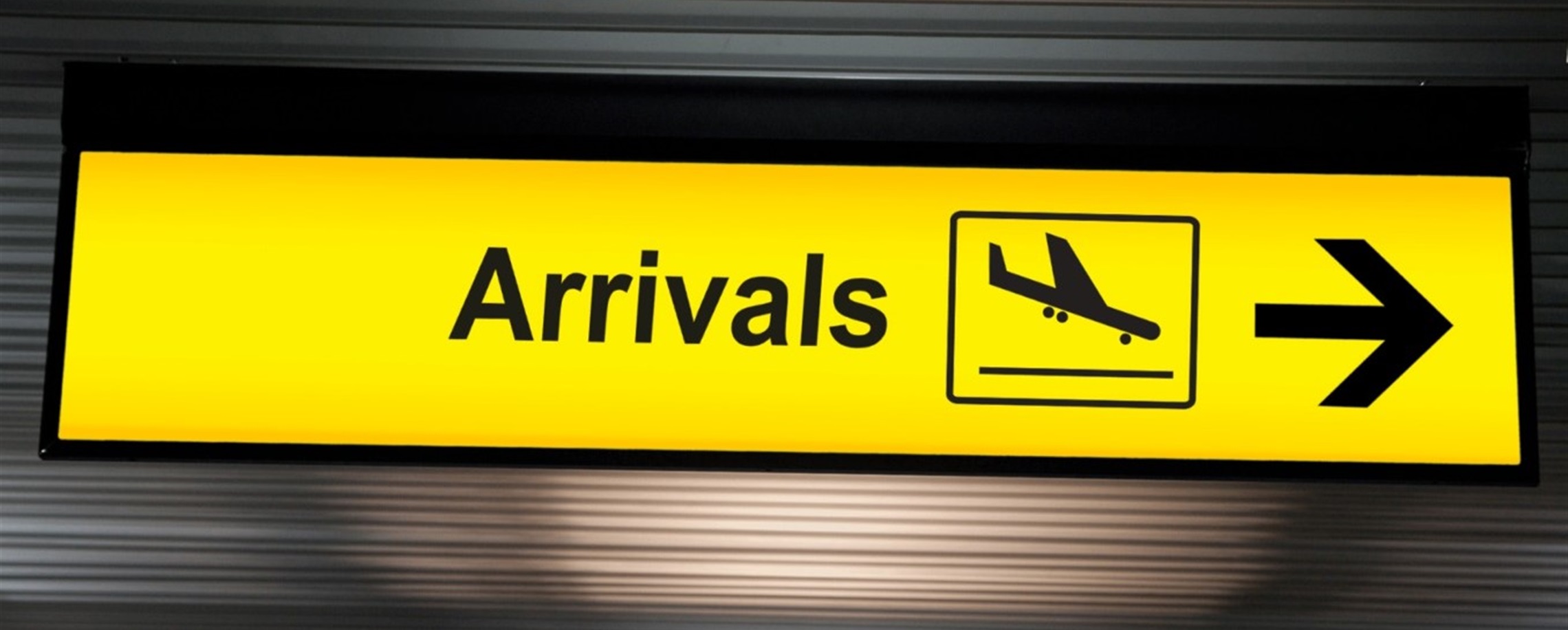CDC Advises Flu Shots Due to Rising Infectious Diseases in Shanghai
With the fall in temperature, the city has entered the season of infectious diseases.
The Shanghai Center for Disease Control and Prevention has issued guidance on disease prevention and control, highlighting infections such as influenza, RSV (respiratory syncytial virus), hand-foot-and-mouth disease, chicken pox, and norovirus.
The CDC noted a rise in flu cases, prompting a public awareness call on flu prevention and control measures.
According to the Chinese National Influenza Center, national flu prevalence remains at a middle level, with a growing trend, and is projected to peak between mid- or late December and early January. The main strain is influenza A subtype H3N2. The flu activity in southern regions is higher than in the north.
Aside from high awareness and proper personal hygiene, vaccination is the most effective flu prevention measure, and now is the best time to get the flu shot, according to the Shanghai CDC.
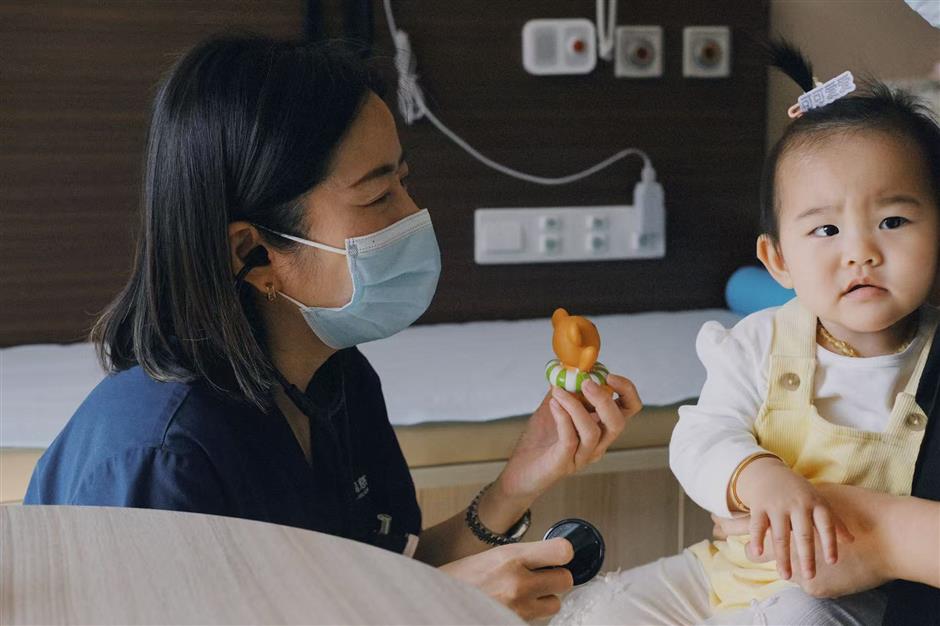
According to Chen Jian of Shanghai CDC's Institute of Infectious Disease Prevention and Control, H1N1 was the major subtype in the city in the first half of this year, followed by H3N2 in the second half.
"Both strains are subtypes of influenza type A, and their major symptoms include fever, throat pain, and soreness. Individuals at high risk – such as children, the elderly, medical staff, and those with chronic diseases – should receive vaccinations for better health protection," he said.
Doctors at Shanghai United Family Hospital recommend flu shots for babies over six months every year due to virus strain changes.
Babies and adults can also get the nasal spray flu vaccine.
CDC officials and doctors cautioned parents about RSV (respiratory syncytial virus).
Last September, Shanghai public hospitals, private facilities, and neighborhood health centers began offering the RSV vaccine. Shanghai CDC vice director Sun Xiaodong presented a study on the vaccine at a health event, marking its launch in China last year.
The study in hospitals in Shanghai, Beijing, Shandong, Jiangxi, and Guangdong found that the vaccine can reduce children's risk of RSV infection by 81 percent.
"Since September 2024, Shanghai has introduced the first batch of seven leading hospitals to conduct RSV vaccination and promote the service to private hospitals and neighborhood health centers gradually," said Sun. "The measure is to offer timely protection to more children and establish a more voluntary and widely available pediatric respiratory infectious disease prevention and control system."
Shanghai United Family Jing'an Hospital recommends both RSV and flu vaccinations for eligible children, as both diseases can occur simultaneously in cold weather, according to Dr Miao Qiong. Both can cause fever and cough, but their symptoms and disease progression differ.
"Voluntary prevention by vaccination is the most effective measure, and the two vaccines can be given at the same time," he said.
The first monoclonal antibody approved for newborns with RSV-induced lower respiratory tract sickness is the RSV vaccine. The EU approved it in 2022, and the US in 2023.
China recommends vaccinating newborns and infants between 0 and 12 months.
The peak RSV season in China is October-April next year. Newborns born before the peak season can be vaccinated before October, while those born during the peak season should be vaccinated within a month for better protection.
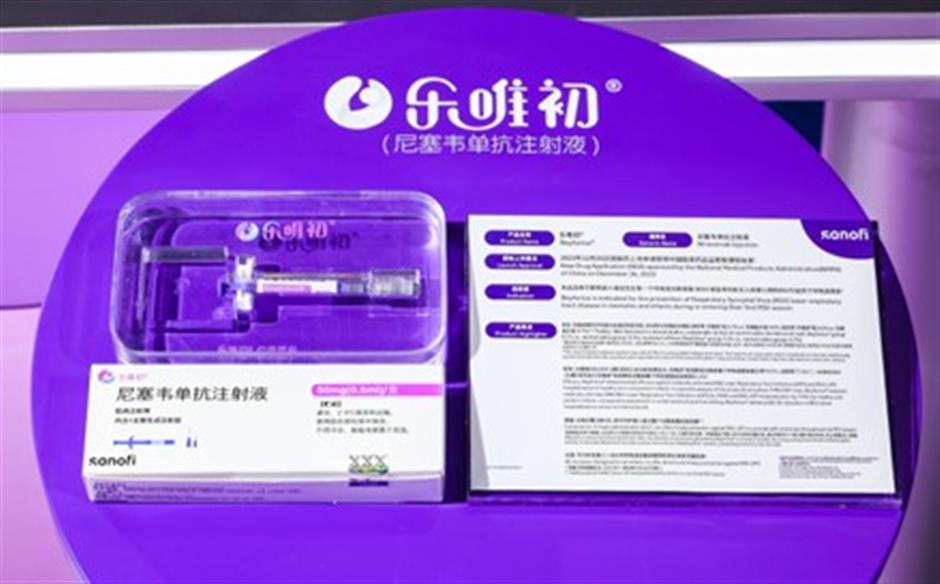
Local health officials emphasize the critical role of mosquito control in preventing and managing dengue fever, in addition to other infectious diseases.
Aedes albopictus, commonly found during the summer months, is a primary vector for both dengue fever and chikungunya fever. These mosquitoes can survive winter temperatures below 15 degrees Celsius through a process called egg diapause. Their eggs endure cold conditions and hatch when temperatures begin to rise in the spring.
Officials note that the eggs of Aedes albopictus can transmit the dengue fever virus to their offspring, making effective anti-mosquito measures essential for controlling disease transmission.
Travelers to areas where dengue fever and chikungunya fever are prevalent should also be vigilant and informed.
In September, the Shanghai CDC reported seven cases of dengue fever.
In Case You Missed It...
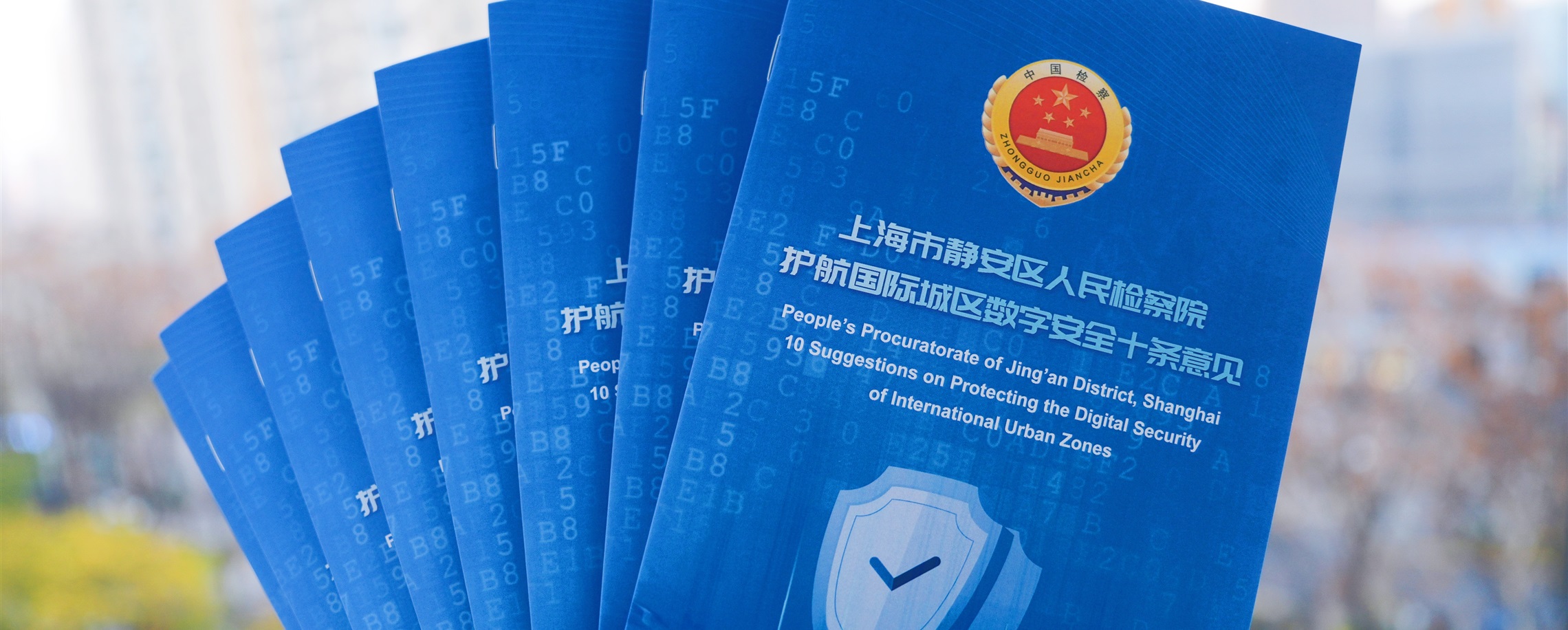
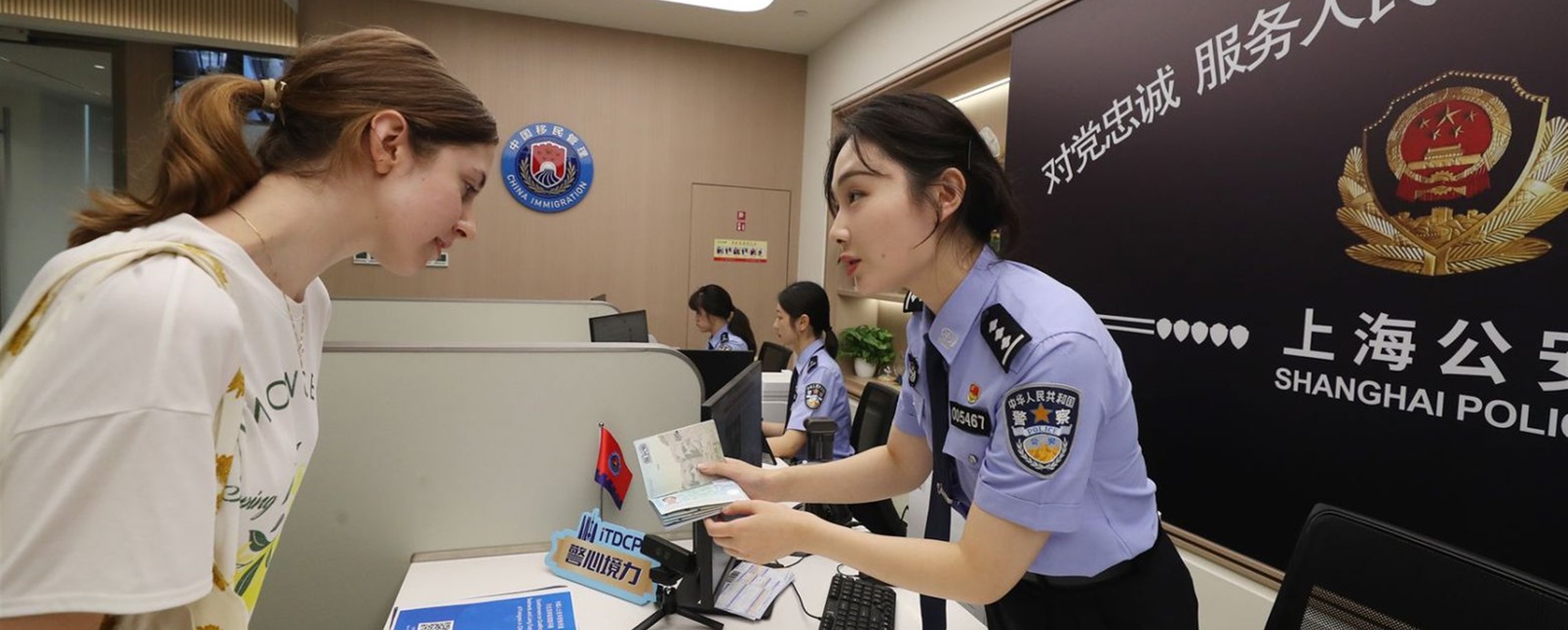
![[Hai Lights] Where to Soak This Winter in and Beyond Shanghai](https://obj.shine.cn/files/2026/01/08/4f135505-c13f-454a-9111-103d4e781319_0.png)
![[Empire Builders] Charlie of Charlie's The Burger Place!](https://obj.shine.cn/files/2026/01/08/0e4dc4b0-b363-4010-8861-65f4f208d1f7_0.jpg)
![[China Tech] Local Experts Identify a New Cancer Target](https://obj.shine.cn/files/2026/01/09/f9083ef4-fea8-4a74-8547-5a243e39e8ad_0.jpg)
